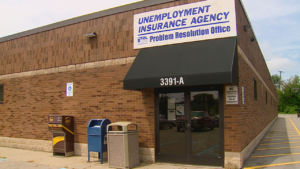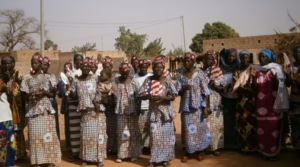A directive from South African telecommunications official Solly Malatsi could allow Starlink to operate in South Africa by permitting investment in disadvantaged communities instead of enforcing mandatory Black ownership, stirring political controversy.
South Africa's Push for Starlink Faces Tension Over Ownership Regulations

South Africa's Push for Starlink Faces Tension Over Ownership Regulations
South African officials explore alternatives to Black ownership rules amidst Elon Musk's criticism, raising questions about racial equity and foreign investment.
In South Africa, a growing tension regarding the operational framework for Elon Musk's satellite internet service, Starlink, highlights the ongoing struggle between encouraging foreign investment and addressing historical racial inequalities. President Cyril Ramaphosa has expressed interest in attracting investments from Musk, who was born in South Africa. However, Musk's calls for easing local ownership rules face significant pushback over concerns that they undermine efforts to redress injustices from the apartheid era.
The South African government has laws aimed at increasing Black ownership in enterprises, particularly those launched by foreign entities. Musk has labeled these requirements as discriminatory and a barrier to his initiative's success in his home country. To counter this, Solly Malatsi, the telecommunications official overseeing the directive, is proposing an alternative model. Instead of mandating Black ownership, companies like Starlink could obtain licenses by investing directly into initiatives that benefit historically disadvantaged communities.
While this framework could potentially smooth the path for Starlink's entry into the market, it is not without criticism. Opponents argue that shifting the focus away from ownership stakes risks diluting the financial empowerment of Black South Africans who have historically been marginalized. Some political actors view this move as catering to foreign interests at the expense of local racial equity pursuits.
Malatsi's directive is still subject to a public consultation process overseen by the Independent Communications Authority of South Africa, which will provide further scrutiny before the initiative can take effect. The outcome of this debate will impact not only the future of Starlink but also the broader discussion on balancing foreign investment with the urgent need for social equity in South Africa.



















